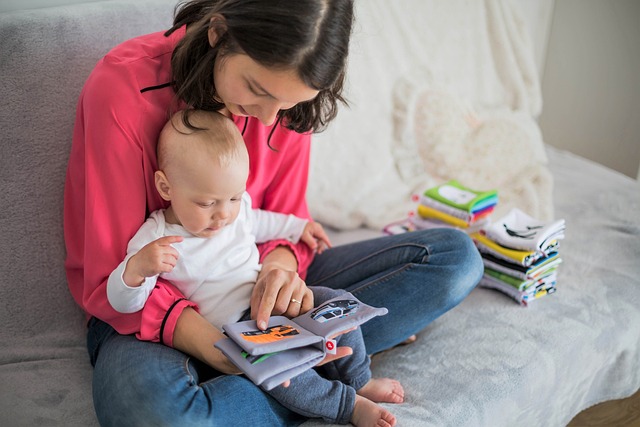As a parent, you don’t need to become a speech therapist to help your child develop strong communication skills. In fact, some of the most effective ways to support language growth happen during everyday activities you’re already doing—like getting dressed, eating meals, or playing together. The key is to be intentional with how you talk, listen, and interact. Small changes in your daily routine can have a big impact, and the best part is, it doesn’t have to feel like “work.”
One of the simplest things you can do is narrate what you’re doing as you go about your day. For example, when you’re making breakfast, you might say, “I’m cracking the egg. Now I’m stirring it. Look, it’s turning yellow!” This kind of language-rich environment helps your child hear and understand words in context, which builds vocabulary naturally. Try not to feel silly—it’s one of the easiest and most powerful tools you have.
Another great strategy is to pause and wait after asking a question or making a comment. Give your child time to process what you said and respond. This is especially important for toddlers or kids with language delays who may need a little extra time to think. Instead of asking, “Do you want the red cup?” and immediately answering for them, try saying, “Which cup do you want?” and count silently to five before prompting. That pause gives them space to find the words—or gestures—they need.
When your child does talk, try repeating what they say and adding just a little more. For example, if they say, “Dog bark!” you might respond, “Yes, the dog is barking! He’s loud!” This simple technique, called expansion, reinforces what they said while modeling more complex language. It’s a natural way to stretch their vocabulary and grammar without correcting or overwhelming them.
Playtime is another goldmine for language learning. You don’t need fancy toys—just follow your child’s lead and talk about what’s happening. If they’re pushing a toy car, you might say, “The car is going up! Now down! Whoa, it’s fast!” When children are engaged and having fun, they’re more open to learning and communicating.
Reading books is also a great way to support speech, and it doesn’t mean you have to read every word on the page. Instead, use the pictures to spark conversation. Point to things, ask questions, and make comments like, “What’s that? A bear? He looks sleepy.” This turns book reading into a back-and-forth interaction, which is what builds language most effectively.
Don’t underestimate the power of songs, rhymes, and silly routines either. Nursery rhymes, fingerplays, and even made-up songs provide repetition and rhythm, which are important for speech development. Songs like “Wheels on the Bus” or “Old MacDonald” are fun, predictable, and great for encouraging participation.
Most importantly, celebrate all forms of communication. Whether your child uses words, signs, sounds, or gestures, every attempt to connect with you is meaningful. Respond with enthusiasm and encouragement to show that their efforts matter. This builds confidence and motivation, which are essential for growth.
Remember, your child learns language best from you—through connection, consistency, and play. These small, intentional habits add up over time and can make a real difference. And if you ever have concerns about your child’s speech or language development, don’t hesitate to reach out to a licensed speech-language pathologist. Trust your instincts—you’re the expert on your child, and your support is one of the most powerful tools they have.
Get a Free Online Assessment
Looking for an expert opinion on your child's needs? Fill out a 3 minute questionnaire and receive a personal evaluation from our staff




